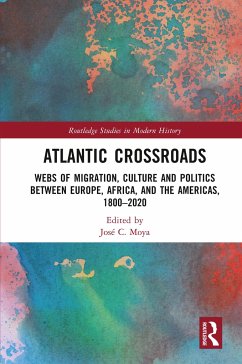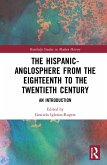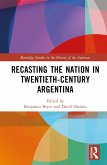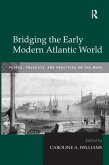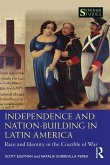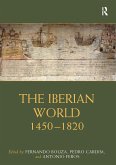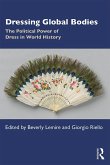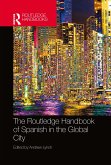Unlike most books on the Atlantic that associate its history with European colonialism and thus end in 1800, this volume demonstrates that the Atlantic connections not only outlasted colonialism, they also reached unprecedented levels in postcolonial times, when the Atlantic truly became the world's major crossroads and dominant economy. Twice as many Europeans entered New York, Buenos Aires, and São Paulo in 3 years on the eve of WWI as had arrived in all the New World during 300 years of colonial rule. Transatlantic ties surged again with mass movements from the West Indies, Latin America, and Africa to North America and Western Europe from the 1960s to the present.
As befits a transnational subject, the 24 contributors in this volume come from 14 different countries. Over half of the chapters are co-authored, an exceptional level of scholarly collaboration, and all but two are explicitly comparative. Comparisons include Congo and Yoruba slaves in Brazil, Irish and Italian mercenaries and adventurers in the New World, German Lutherans in Canada and Argentina, Spanish laborers in Algeria and Cuba, the diasporic nationalism of ethnic groups without nation states, and the transatlantic politics of fascism and anti-fascism in the interwar. Overall, the volume shows the Atlantic World's distinctiveness rested not on the level or persistence of colonial control but on the density and longevity of human migrations and the resulting high levels of social and cultural contact, circulation, connection, and mixing.
This title will appeal to students and researchers in the fields of Atantic and global history, migration, diaspora, slavery, ethnicity, nationalism, citizenship, politics, anthropology, and area studies.
As befits a transnational subject, the 24 contributors in this volume come from 14 different countries. Over half of the chapters are co-authored, an exceptional level of scholarly collaboration, and all but two are explicitly comparative. Comparisons include Congo and Yoruba slaves in Brazil, Irish and Italian mercenaries and adventurers in the New World, German Lutherans in Canada and Argentina, Spanish laborers in Algeria and Cuba, the diasporic nationalism of ethnic groups without nation states, and the transatlantic politics of fascism and anti-fascism in the interwar. Overall, the volume shows the Atlantic World's distinctiveness rested not on the level or persistence of colonial control but on the density and longevity of human migrations and the resulting high levels of social and cultural contact, circulation, connection, and mixing.
This title will appeal to students and researchers in the fields of Atantic and global history, migration, diaspora, slavery, ethnicity, nationalism, citizenship, politics, anthropology, and area studies.

